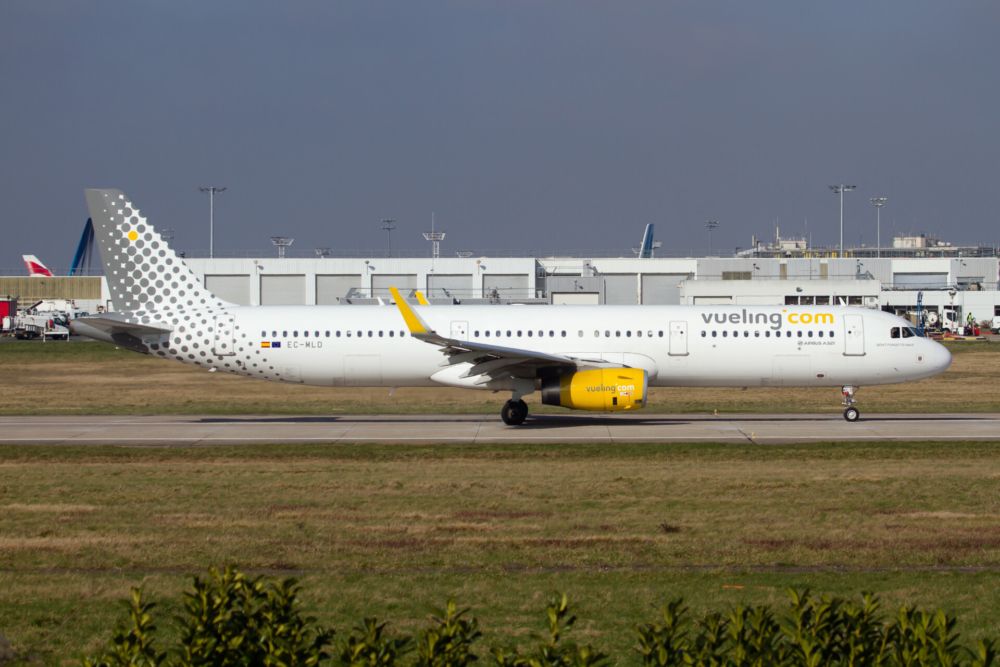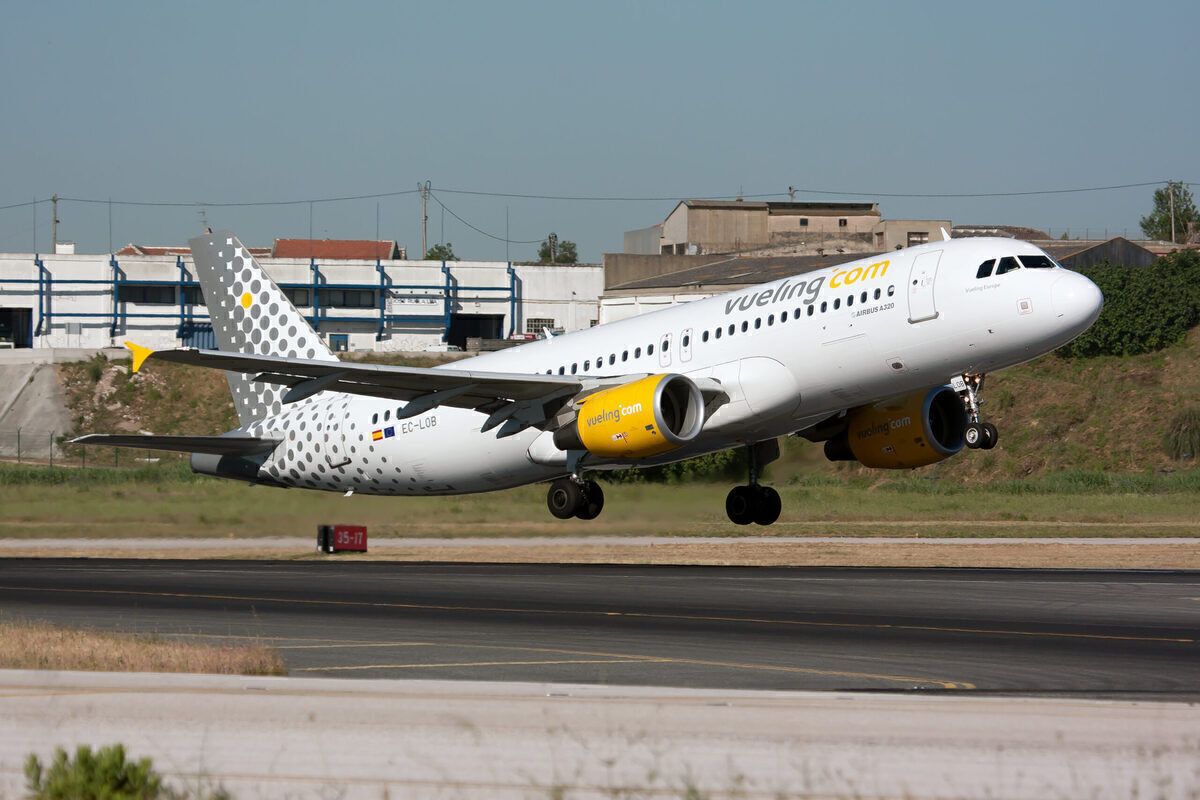Spain briefly closed parts of its airspace yesterday because of the uncontrolled trajectory of large fragments of a Chinese rocket that were passing over the country as they were falling back on Earth.
Four regions in Spain were affected, and hundreds of flights were delayed. The rocket remnants ultimately burned up and hit the Earth by falling into the Pacific Ocean, some 620 miles southwest of Acapulco in Mexico.
Remnants of China’s most powerful rocket, the Long March 5B, re-entered the Earth’s atmosphere at 18:08 Beijing time, or 11:08 Madrid time. The rocket was launched on 31st October from southern China to deliver the last module of the Chinese space station.
What effect did the closures have?
Catalonia’s emergency services announced on Twitter the closure of the airspace for the Catalonia region, posting:
“Due to the risk associated with the passage of the space object CZ-5B through the Spanish airspace, flights have been totally restricted from 9:38 a.m. to 10:18 a.m. (0838-0918 GMT) in Catalonia and other communities.”
Meanwhile, Spanish airport operator Aena announced late on Friday that there were delays to 300 flights out of the 5,484 that were scheduled to operate yesterday across its 46 airports in the country.
The operator also announced that there had been no cancellations as a result of this event, though this is not actually true, as Vueling canceled scores of domestic flights and a handful of international services.
At Barcelona El Prat Airport (BCN), the most severe delays were:
- Wizz Air flight W63406 to Cluj-Napoca (CLJ) which took off at 11:16 against a 09:15 departure time
- Ryanair’s flight FR1599 to Vienna (VIE) which was operated by Lauda Europe and took off at 11:19 against a 09:20 departure time
- SWISS’s flight LX1953 to Zurich (ZRH) which was operated by airBaltic and took off at 11:21 against a 09:40 departure time
- Singapore Airlines’ fifth-freedom flight SQ377 to Milan Malpensa (MXP) which took off at 11:30 against a 10:15 departure time
- Iberia’s flight IB3015 to Madrid (MAD) which took off at 12:33 against a 10:35 departure time
- Vueling’s flight VY6001 to Florence (FLR) which took off at 13:50 against a 10:40 departure time
- TAP Air Portugal’s flight TP1043 to Lisbon (LIS) which took off at 13:41 against a 10:50 departure time
The most severe departure delays across Spain actually occurred only after the airspace was re-opened, when all the aircraft that had to be diverted to nearby airports were repositioned back to Barcelona to operate the return legs of their journeys.
The most far-away diversion in Barcelona was a Vueling flight from Tel Aviv (TLV), which was diverted to Rome (FCO).
Is falling debris a normal occurrence?
This was the fourth flight of the Long March 5B, which had its maiden launch in May 2020.
When the rocket’s boosters fragmented the first time around, they landed on the Ivory Coast and damaged several buildings there, though they also did not injure anyone. For the Long March 5B’s second flight, debris fell into the Indian Ocean, causing no damage to human communities. For the third flight, debris fell into the Sulu Sea in the Philippines.
Zhao Lijian, a spokesperson at the Chinese foreign ministry who was asked on Friday if China had taken measures to reduce the risks, said that a rocket's re-entry into the atmosphere is a common international practice.
What do you think of Spain closing its airspace due to this event? Let us know what you think of this story in the comments below.
Source: Reuters
"entry" - Google News
November 05, 2022 at 05:11PM
https://ift.tt/UF6eg9s
Chinese Rocket Re-Entry Leads To Spanish Airspace Closure - Simple Flying
"entry" - Google News
https://ift.tt/29k4VBu
https://ift.tt/6YW5hjT
Bagikan Berita Ini
















0 Response to "Chinese Rocket Re-Entry Leads To Spanish Airspace Closure - Simple Flying"
Post a Comment